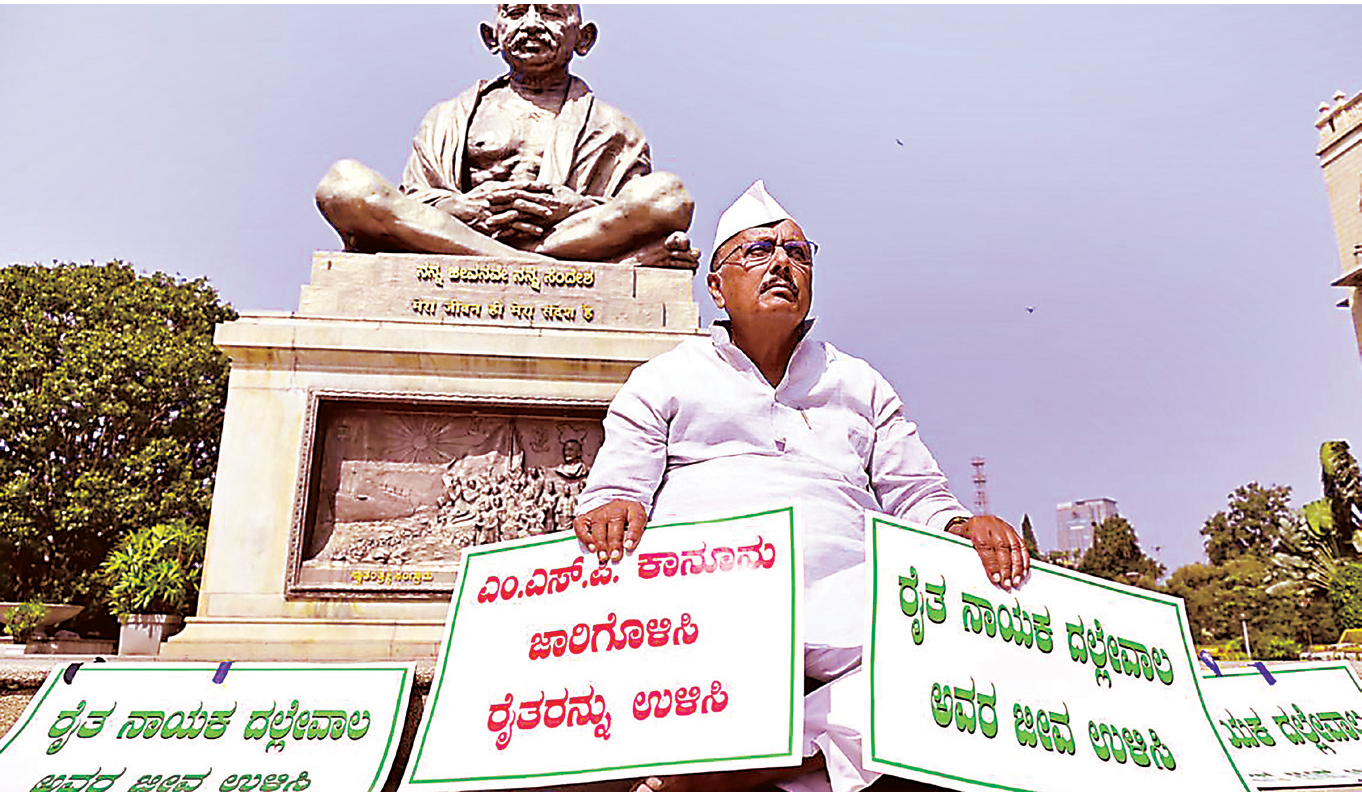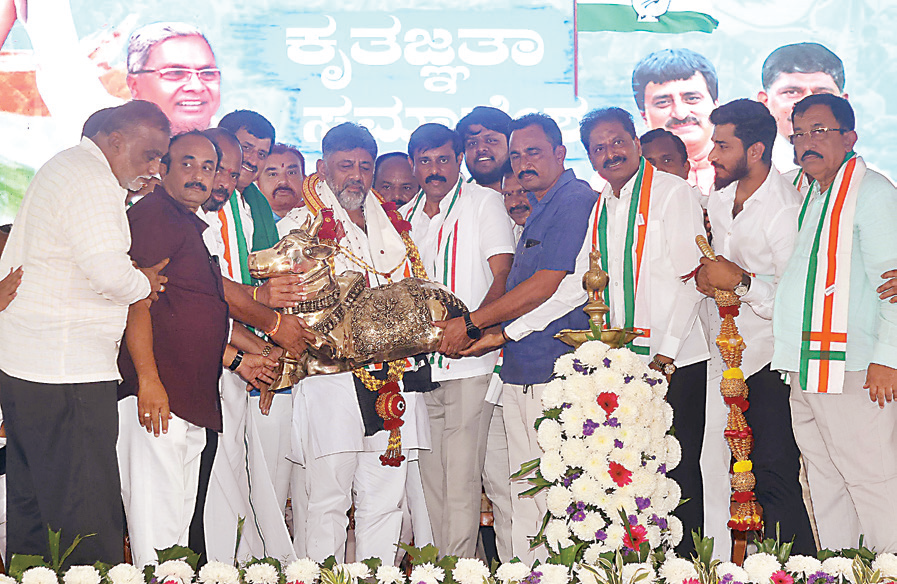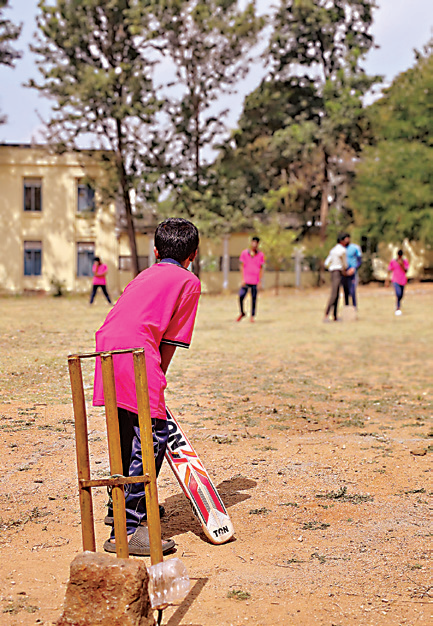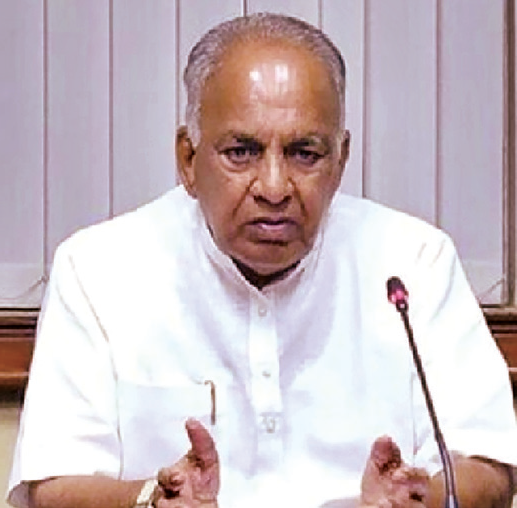
76 years after Independence, Dalits in K'taka continue to face discrimination
Umar Sharieef |NT
Bengaluru: As India celebrates its 77th year of Independence, the Dalit community in Karnataka continues to endure discrimination, mirroring the plight faced by Dalits across the nation.
Despite the efforts of Dr. Ambedkar during the constitution drafting to eliminate the label of "untouchables," upper castes persist in branding Dalits as such.
This discrimination manifests in economic boycotts, exclusion from temples and burial grounds, and other injustices. Disturbingly, the marginalisation of Dalits persists even after Dr. Ambedkar's constitutional amendments.
The 2011 census reveals that Dalits comprise 16.6% of the country's population, yet they are often confined to unsanitary tasks like manual scavenging.
Within Karnataka, an unsettling incident of violence unfolded on March 3, 2023, when Ramesh and his mother Hemavva, both from the Madiga community, faced hostility for attempting to enter a temple in Nandihalli Village, Haveri District.
Members of the Lingayat dominant caste targeted them in an eruption of violence. The assailants reportedly set fire to two Dalit homes, molested a Dalit woman, and vandalized residences.
The deeply entrenched caste hierarchy within the Lingayat community seemed to drive these actions.
Further exacerbating matters is the alleged staging of Grama Sabha meetings within temples, effectively barring Dalit participation due to their restricted entry.
Karuppiah, a dedicated Dalit activist in Tamil Nadu and Karnataka, attributes this persistent discrimination to the lax enforcement of the SC/ST Act.
This viewpoint is echoed by others, including the KannadaTamil federation. Recent instances bear witness to the ongoing oppression. In February, an upper-caste assault on a Dalit woman transpired after her cow strayed onto a landowner's property.
The ensuing attack involved physical abuse and verbal harassment. In a separate June incident, a Dalit employee named Vivek Raj, aged 35, tragically passed away after enduring caste-based abuse from his managers at Lifestyle International in Bengaluru.
In both instances, the perpetrators were charged under the SC/ST Act (Prevention of Atrocities Act) of 1989. Alarming statistics underline the gravity of the issue.
The National Crime Records Bureau Report (NCRB) for 2021 reveals Karnataka ranking ninth in the number of cases registered under the SC/ST Act, with a total of 1,642 cases.
The Constitution of India, in Article 15, unequivocally condemns discrimination based on religion, race, caste, gender, or place of birth. Simultaneously, Article 17 outlaws Untouchability and its practice, subjecting offenders to legal penalties.
Nonetheless, the deep-seated societal biases underscore the pressing need for sustained efforts to eliminate caste-based discrimination, says a Dalit activist.
 English daily published in Bengaluru & Doha
English daily published in Bengaluru & Doha






